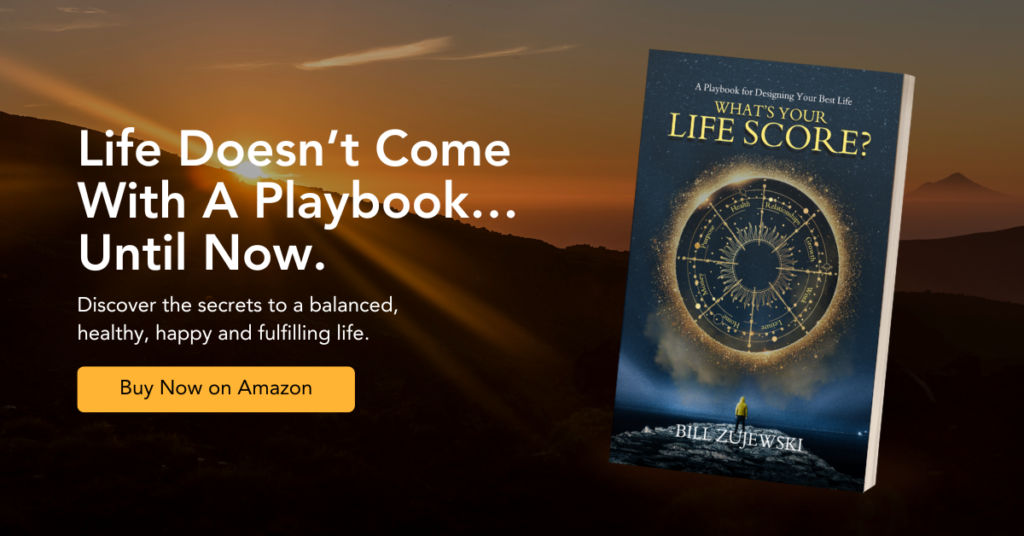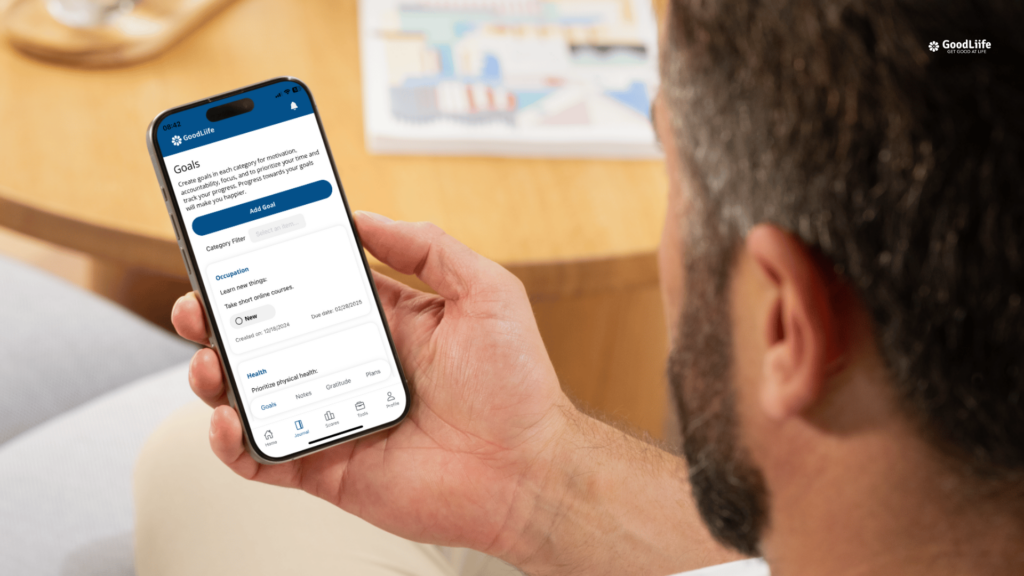When it comes to professional and personal growth, the terms “mentoring” and “coaching” are often used interchangeably. While both are powerful methods of guidance, they serve distinct purposes and operate in unique ways. Understanding these differences can help individuals, leaders, and organizations make informed decisions about which approach to pursue for achieving specific goals.
This article dives into the nuances of mentoring and coaching, highlighting their key distinctions, the roles they play in personal and professional development, and the dynamics of the relationships they foster. Whether you’re looking to develop leadership skills, navigate a career transition, or achieve personal growth, understanding the difference between mentoring and coaching is essential.
What is Mentoring?
Mentoring is a long-term relationship where a more experienced individual (the mentor) provides guidance, advice, and support to a less experienced individual (the mentee). Mentoring focuses on the overall development of the mentee, both professionally and personally.
Key Characteristics of Mentoring:
- Focus on Development: Mentors aim to help mentees grow holistically by sharing their wisdom, experiences, and networks.
- Relationship-Oriented: The bond between mentor and mentee is built on trust, mutual respect, and personal connection.
- Long-Term Engagement: Mentoring relationships often last several months or years.
- Non-Transactional: Mentors are typically not paid for their guidance, as the relationship is more about giving back.
Example: A senior executive mentoring a young professional to help them navigate their career, offering insights into industry trends, leadership, and decision-making.
Research Insight: According to a study published in the Journal of Vocational Behavior, mentoring relationships have been shown to enhance job satisfaction, career success, and personal well-being for both mentors and mentees.
What is Coaching?
Coaching, on the other hand, is a structured process where a trained coach works with an individual (the coachee) to achieve specific goals or solve challenges. Coaching is performance-driven and often targets a particular skill or outcome.
Key Characteristics of Coaching:
- Goal-Oriented: Coaches help individuals set and achieve measurable objectives.
- Short-Term Engagement: Coaching engagements typically last weeks or months, focusing on specific outcomes.
- Professional Expertise: Coaches use proven methodologies and techniques, often following certification programs.
- Transactional Relationship: Coaching is usually a paid service.
Example: A life coach working with a client to improve time management skills and achieve work-life balance.
Research Insight: The International Coaching Federation (ICF) reports that 80% of individuals who receive coaching report improved self-confidence, and over 70% benefit from improved work performance and relationships.
Key Differences Between Mentoring and Coaching
| Aspect | Mentoring | Coaching |
|---|---|---|
| Purpose | Holistic personal and professional growth | Specific skill or goal achievement |
| Time Frame | Long-term | Short-term |
| Relationship | Informal and trust-based | Formal and structured |
| Focus Area | Overall development | Targeted outcomes |
| Compensation | Often unpaid | Paid service |
Choosing Between Mentoring and Coaching
The choice between mentoring and coaching depends on your goals:
- Opt for mentoring if:
- You seek long-term career guidance.
- You want to learn from someone’s personal experiences.
- You value building a trusted, ongoing relationship.
- Opt for coaching if:
- You need help achieving a specific goal.
- You prefer a structured, result-driven approach.
- You are open to professional techniques and accountability.
Pro Tip: Consider combining both approaches for maximum impact. For example, a mentor can provide long-term career insights, while a coach helps you achieve immediate, actionable goals.
Real-Life Example of Mentoring vs Coaching
Mentoring Case Study: Susan, a marketing manager, sought guidance from a seasoned CMO to better understand leadership dynamics. Over two years, her mentor shared advice, introduced her to influential networks, and provided feedback on her career trajectory.
Coaching Case Study: On the other hand, Mark, an entrepreneur, hired a business coach to develop his pitch for investors. Within three months, he refined his presentation, secured funding, and gained clarity on his business strategy.

Tools and Resources for Mentors and Coaches
- Books:
- The Coaching Habit by Michael Bungay Stanier
- Dare to Lead by Brené Brown
- Online Platforms:
- MentorcliQ (mentoring software for organizations)
- BetterUp (coaching platform for professionals)
- Articles and Studies:
Introducing the GoodLiife Score App
Whether you choose mentoring, coaching, or a blend of both, tracking your progress and maintaining balance is essential. The GoodLiife Score App is an innovative tool designed to enhance your personal development journey.

Key Features:
- Self-Diagnostics: Identify your strengths and areas for improvement.
- Personal Scorecard: Track how you feel about key areas of life, such as career, relationships, and well-being.
- Balanced Priorities: Gain insights into where you need to focus more attention.
- Stress Reduction Tools: Use guided exercises and tips to manage stress effectively.
By integrating the GoodLiife Score App into your routine, you can set clear goals, measure progress, and stay accountable, whether you’re working with a mentor or coach.
Conclusion
Understanding the differences between mentoring and coaching allows you to choose the right path for your personal and professional growth. While mentoring provides long-term guidance rooted in experience, coaching delivers structured support to achieve specific goals. By leveraging tools like the GoodLiife Score App, you can maximize the benefits of both approaches and take charge of your development journey.
Ready to unlock your potential? Explore mentoring, coaching, and the GoodLiife Score App today!
Learn more about the GoodLiife Score App here or download from the App Store.

Leave a Reply